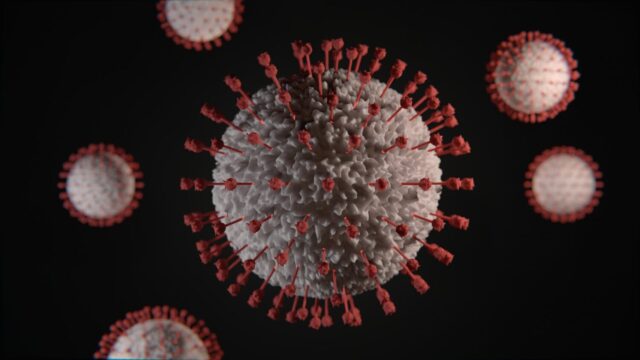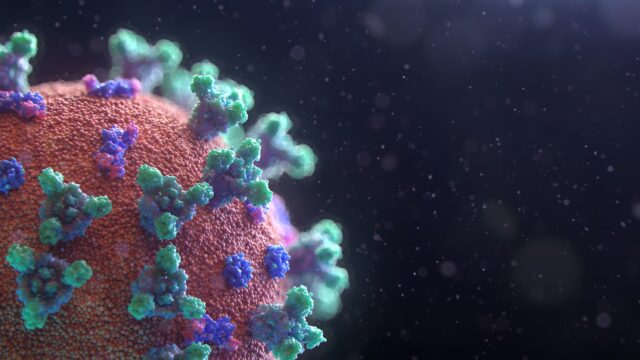
Viruses attack all life on Earth, including plants, animals, humans, and even bacteria. The bad news is that we are greatly outnumbered by these nemeses as there are around 10 nonillions (that’s 10 followed by 30 zeros) of individual viruses on our planet. But the good news is that they are not all deadly or even harmful to our organisms.
Viruses certainly brought all the attention to them with the outbreak of Covid-19, but have you ever wondered what exactly is a virus? How do viruses spread from person to person? And what you can do to protect yourself from them?
Wonder no more. By the time you finish reading this article, your curiosity will be satisfied and you will get the answers to all the questions above.
Let’s spread (pun intended) the word!
What is a virus?

A virus ( a Latin word for “slimy liquid” or “poison”) is a microbe made of nucleic acid (either DNA or RNA) encircled with a protein coat. Because it is incapable of replicating on its own, a virus will use the host’s cells and components to duplicate itself.
Why does a virus make us ill? Well, by using our cells for reproduction, a virus often damage, destroy, or disrupt our cell function. Our organisms will fight the infection by raising the body temperature and inviting special cells to rescue.
Some of these cells will create antibodies that will attack the infected cells in our body, and others will build a memory about the specific virus type that entered our bodies. This is how we build immunity to viruses that have infected our organisms in the past.
How do viruses spread from person to person?

There are four ways a virus can enter your body:
- Via airborne droplets and particles – when an infected host sneeze, cough, speak or breathe, they emit small droplets that remain suspended in the air. By breathing this air, we inject the virus pathogen which then settles in our thought and starts to multiply.
- Via direct contact – the virus pathogens are transmitted through direct physical contact with an infected person or an animal. It can also get into your body if you touch a contaminated surface, like a door handle or elevator button, and transfer the pathogens from your hands to any open wounds or mucous membranes.
- Via water or food – a virus will enter your digestive tract if you eat or drink contaminated food or water.
- Via blood and tissue – one of the most notorious viruses transmitted through blood, tissue, or bodily secretions are HIV and malaria. HIV is a virus that is transmitted either by unprotected sexual contact or the re-use of a contaminated needle, razor, etc. While malaria is a virus disease that can enter your body through an infected mosquito bite.
What can you do to protect yourself from viruses?

Although viruses are invisible to our eyes, there are ways we can reduce the risk of getting infected by them. Here is what you can do:
- Wash your hands regularly with soap.
- Try to avoid touching your face, mouth, and eyes while you are outside.
- Clean your frequently used home surfaces, such as door knobs, tables, etc.
- Sanitize your mobile phone with alcohol-based gel or liquids.
- Avoid hanging around sick people.
- Wash and bandage all cuts.
- Rinse your fruit before you eat it.
- Do not put raw and processed meat on the same plate.
- Make sure all your food is thoroughly cooked.
- Vaccinate your pets.
- Avoid direct contact with wild animals.
If you plan to travel abroad, make sure you contact your physician for any additional immunization that you might need.
Closing thoughts
To enlighten the atmosphere after all the gloomy talk about viruses, we will end this article with a mediocre joke from an unknown author.
“A virus walks into a bar. The bartender tells him, “We don’t serve your kind here.”
The virus is momentarily taken aback by this unexpected display of bigotry, the likes of which he’s only seen in history textbooks.
For a brief moment, he considers the bartender. What kind of life experiences would shape someone into such a pathetic piece of garbage? What happened to this man to instill in him such an absolute dislike of viruses? All this goes through his mind in a matter of seconds.
The virus senses an awkward silence about to fall. Purely on instinct, he responds with an attempt at humor, and says, “Well, you’re not a very good host”.”









